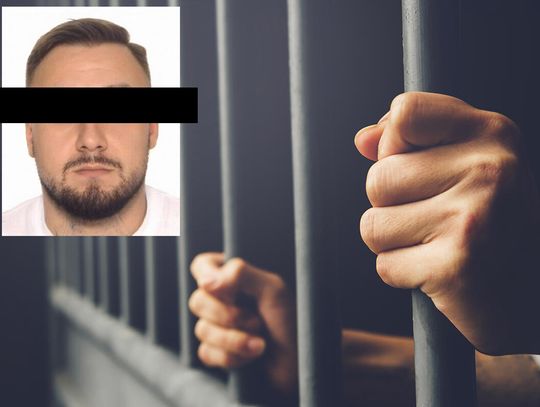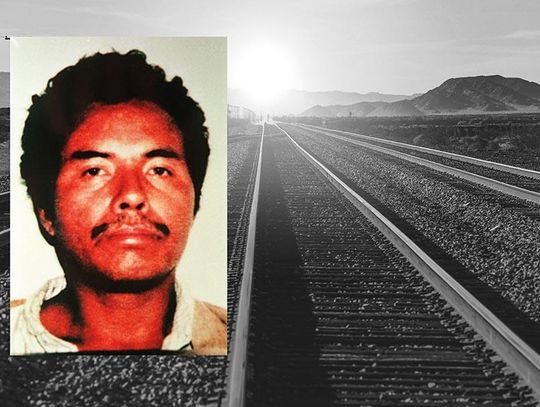As a U.S. territory, can Puerto Rico or its municipalities file for bankruptcy?
Charles J. Tabb: No. States, territories and commonwealths of the U.S. can’t file for bankruptcy protection. However, Chapter 9 of the Bankruptcy Code authorizes municipalities within states to file for bankruptcy, like Detroit did. For unknown reasons, however, while Puerto Rico is generally treated as a “state” in bankruptcy law, it’s not considered a state for purposes of Chapter 9. Therefore, Puerto Rico’s municipalities can’t do what Detroit did and file for Chapter 9 protection. They just don’t have access to it.
Excluded from Chapter 9 bankruptcy, Puerto Rico and its municipalities passed their own debt-relief act, the Puerto Rico Public Corporations Debt Enforcement and Recovery Act. Unfortunately, though, the 1st U.S. Circuit Court of Appeals held that Puerto Rican law was pre-empted by the federal Bankruptcy Code. Essentially, they said Puerto Rico was not allowed to pass its own bankruptcy law, just as individual states are pre-empted from passing their own bankruptcy laws that have all the same features of the federal bankruptcy code. But Puerto Rico appealed, and their case was argued a few weeks ago at the Supreme Court. Now we wait for what they have to say. In the meantime, Congress has introduced legislation that would allow Puerto Rico’s municipalities to declare Chapter 9 bankruptcy, or to seek debt relief under alternative bankruptcylike measures.
The financial situation in Puerto Rico makes the state of Illinois look great by comparison.
Some recent research of yours delves into the intersection of the Constitution and the Bankruptcy Code. Do you foresee any Fifth Amendment “takings” challenges from Puerto Rico’s creditors?
− I foresee “takings” challenges by creditors whose claims would be compromised by the pending legislation, but I do not think those challenges should succeed. My basic theory is that congressional action under the bankruptcy clause in the Constitution trumps the takings clause. But even aside from my theory, under clearly accepted current law, the complaining creditors should lose. Secured creditors could potentially complain about being delayed or “stayed,” that they’ll be blocked from proceeding to enforce or foreclose, which, in their view, constitutes a “taking” of their property by the government. Their argument would be that they have property rights that supersede the Bankruptcy Code. But to the extent that their only complaint is that they’re being delayed, they don’t have a leg to stand on. The Supreme Court has made it clear in several cases that merely delaying secured creditors from foreclosing during the pendency of a bankruptcy poses no constitutional problems.
On the constitutional authority to compromise unsecured claims pursuant to the bankruptcy powers, the Supreme Court says there is no doubt that Congress’ bankruptcy power controls. They have said this from time immemorial. The Bankruptcy Clause indisputably trumps the constitutional rights of unsecured creditors, whether under the Fifth Amendment or the Contracts Clause. That is what it means, at its core, to have a bankruptcy power in the first place. If you can’t compromise claims, you can’t have an effective bankruptcy law. You don’t need to accept my theory about the interaction of the bankruptcy clause and the takings clause to say that under all pending congressional proposals, there is no doubt that even under the most generous reading that neither secured nor unsecured creditors have any constitutional rights that would defeat the proposed legislation. You can just look at existing precedent.
However, that doesn’t mean that compromised creditors won’t sue to block the law. If they were to employ such a gambit, their hope would be to persuade a federal district judge in Puerto Rico to enter an injunction delaying the implementation of the repayment scheme while constitutional challenges are mounted – essentially, to try and get political bargaining leverage and get it modified. But for anyone to enjoin the legislation as it currently reads, they would be clearly wrong.
From a bankruptcy expert’s perspective, is what’s happening in Puerto Rico uncharted territory?
− Totally. There’s never been anything like it. There are multiple threads to the Puerto Rico problem. There’s the legislative effort out of Puerto Rico that was thwarted by the 1st Circuit and is now on appeal to the Supreme Court. You have the current legislative proposals to change the federal bankruptcy statute that would open things up for Puerto Rico’s municipalities to declare Chapter 9 bankruptcy or pursue some form of debt relief similar to bankruptcy. It would be very curious if they passed federal legislation allowing Puerto Rico debt relief but not situating it in the bankruptcy code. That could be a curious constitutional play that could involve political optics.
Lawmakers are also considering setting up a control board to supervise the island’s finances, similar to what it did with Washington, D.C., a number of years ago. Would that work?
− They could do the exact same thing for Puerto Rico. There’s no constitutional impediment to that. Direct relief provided by Congress is fully authorized under their Article I power to enact bankruptcy laws. It would be a legitimate exercise of congressional power; whether that’s politically feasible or not is another story.
One thing Puerto Rico likely will consider is the differential treatment of creditors. Paying pensions before paying debts to a large financial institution, for example. Detroit also differentially treated pensioners versus funds. There is a playbook for how to do this, and that will certainly come up.
But Puerto Rico is like Detroit writ large. At some point, its creditors are going to have to understand that if they don’t have any money, it doesn’t matter what your rights as a creditor are. Pay the bonds with … what? Pay their pensions with …what? You can’t squeeze blood from a stone.
Editor’s note: To contact Charles J. Tabb, call 217-333-2877; email [email protected].
****
Charles J. Tabb, the Mildred Van Voorhis Jones Chair in Law, is one of the nation's leading bankruptcy scholars, specializing in bankruptcy, contracts and commercial law. He spoke with News Bureau business and law editor Phil Ciciora about the impending legal battle over Puerto Rico’s debt crisis.
(U.of.I. News)
Photo: Thais Llorca/EPA
Reklama










